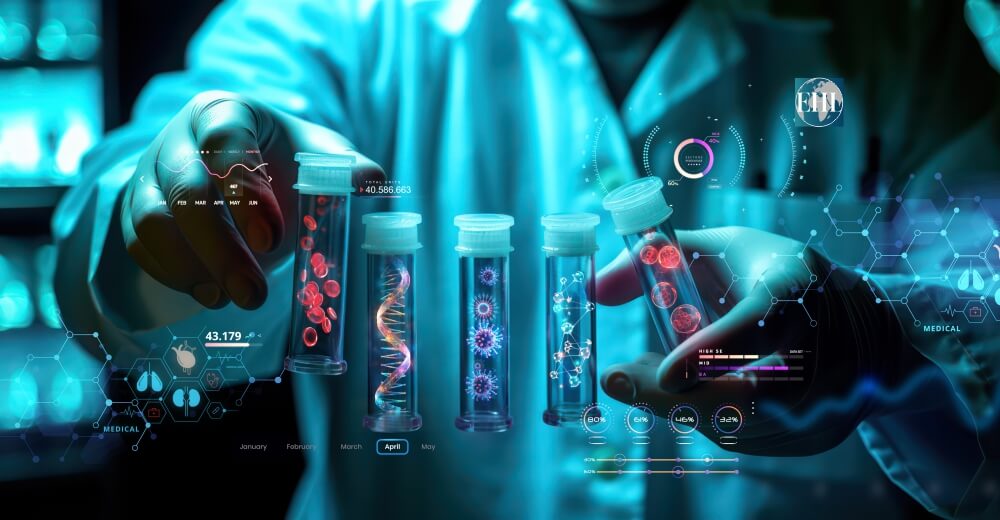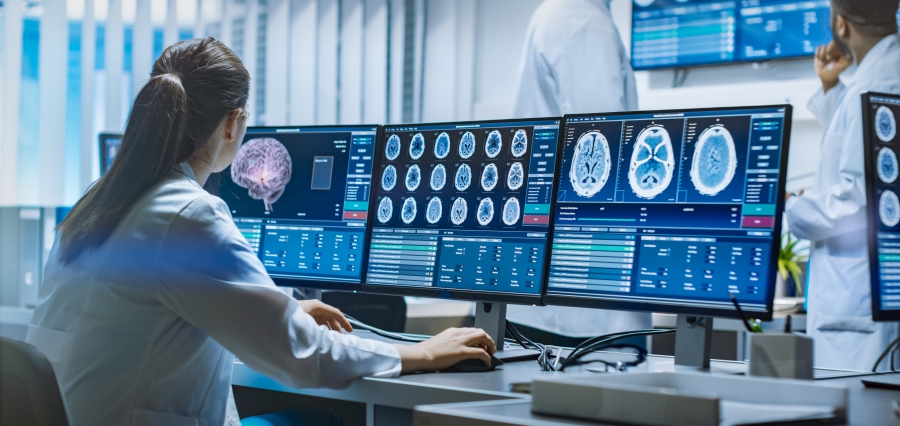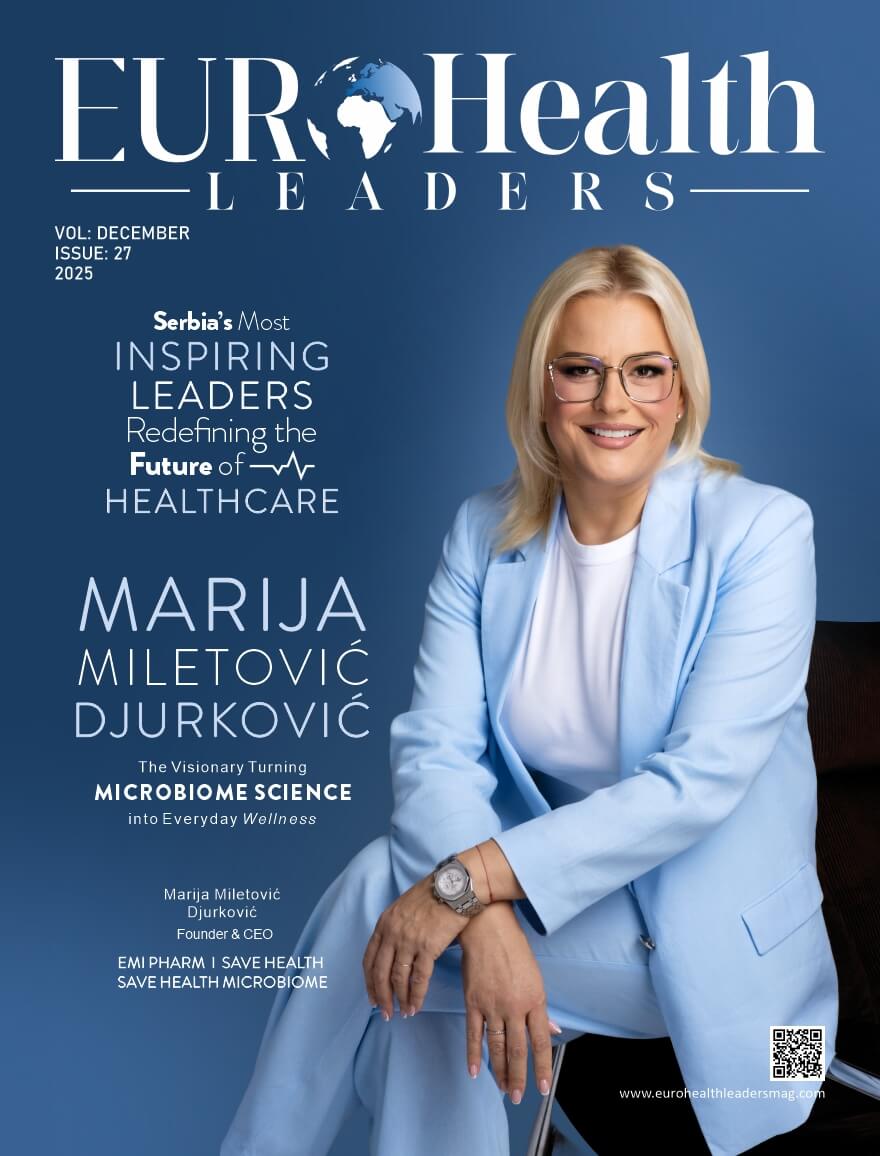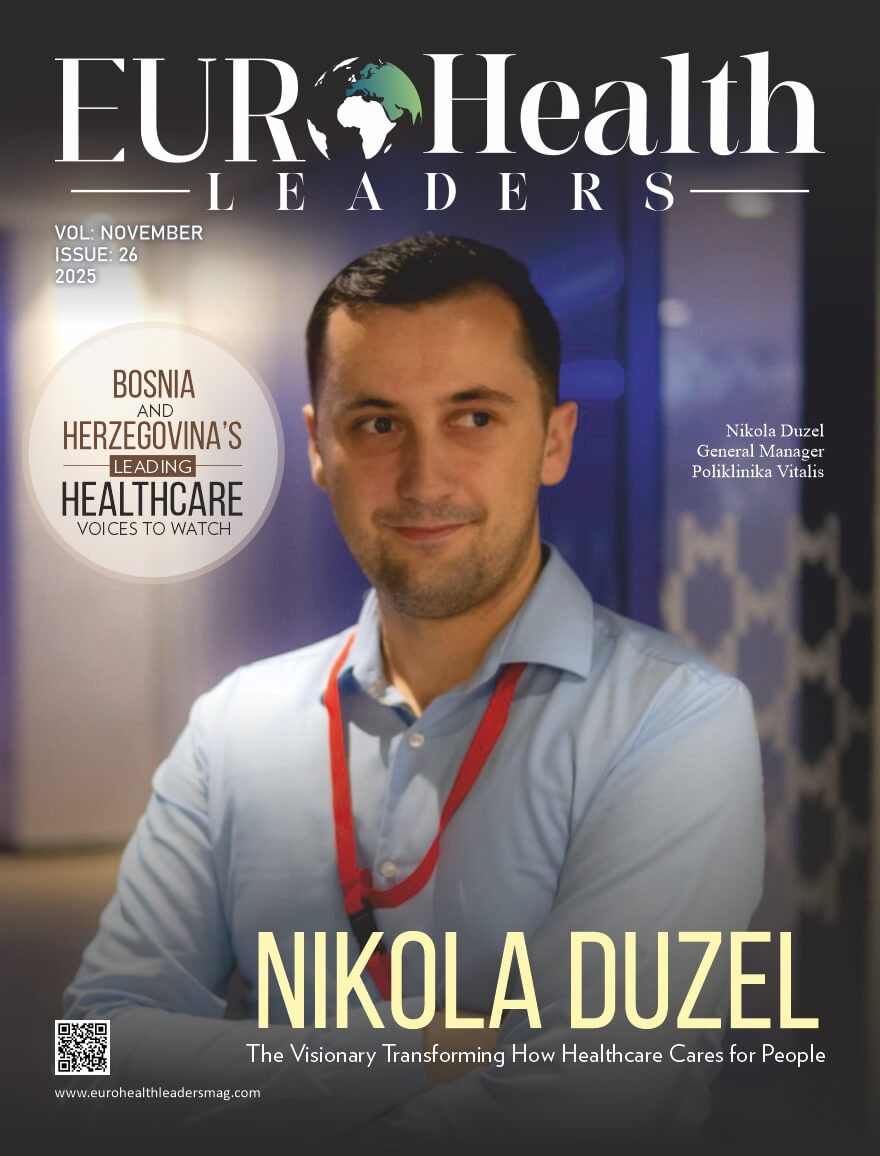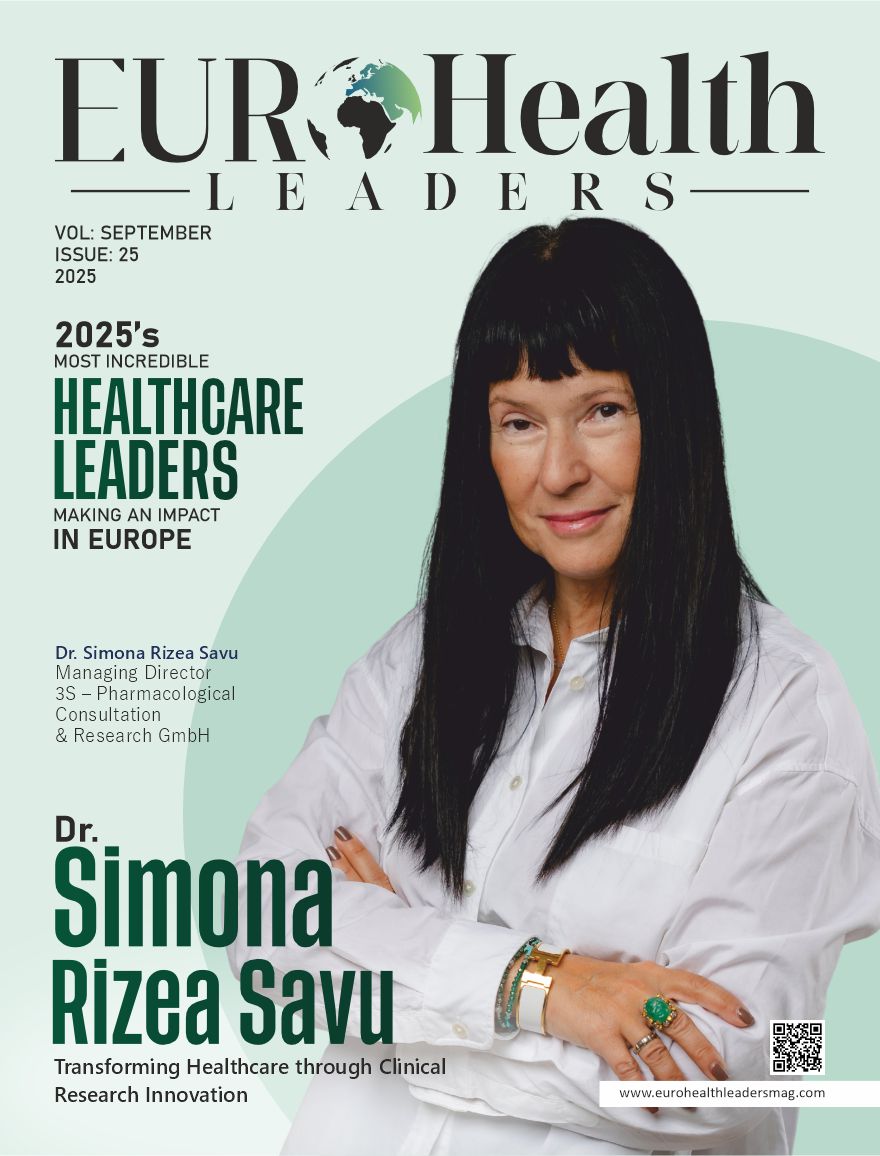Lifesaving Tactics
Chronic diseases have become a global emergency, advancing quietly, costing billions, and affecting people on every continent. Conditions like diabetes, heart disease, cancer, and chronic respiratory disorders now cause more than 70% of deaths worldwide, placing heavy burdens on families, health systems, and national economies. A new wave of health innovators is using advanced science, digital tools, and holistic care models to prevent, slow, and sometimes even reverse chronic diseases.
This article highlights how modern health innovators are transforming the fight against chronic diseases through early detection, advanced therapies, digital tools, and patient-centered care.
A New Approach to Chronic Disease
For decades, healthcare systems have focused on treating illnesses after they appear. Chronic diseases, however, develop gradually and involve a complex mix of genetics, lifestyle, environment, and behavior.
Effective management demands a proactive approach, one that predicts risk, prevents progression, and adapts care to individual needs. That is exactly what leading innovators are now delivering.
Genomic Prediction and Early Detection
Some of the most important progress happens before symptoms begin. New risk-prediction tools combine genetic markers, environmental exposure, and lifestyle patterns to identify individuals who face a higher risk of developing chronic conditions.
Once used only in research settings, these tools are now entering national health programs and large screening initiatives. By recognizing risk early, doctors can offer targeted screening, customized lifestyle plans, and closer monitoring to those who need it most. This preventive method brings about the potential of preventing chronic illnesses many years before they can degenerate into life-threatening illnesses.
Advances in Stem Cell and Gene Therapies
Medicine is moving beyond managing symptoms to repairing damaged systems. Stem cell research now allows scientists to grow insulin-producing islet cells that may help people with Type 1 Diabetes regain natural glucose control, bringing a functional cure closer to reality. Inherited disorders already have promising outcomes in terms of gene-transfer therapies that lessen the symptoms and slow down the disease progression.
Although questions about cost, access, and long-term effects remain, these breakthroughs offer new hope. Chronic diseases are no longer seen only as lifelong conditions but as challenges that can be overcome by the modern scientific world someday.
Support at Every Step of Care
Digital health tools are transforming how clinicians track and manage chronic illness. The digital systems also point out the trends that indicate deteriorating symptoms or upcoming complications by examining big data. Remote care is also supported by wearable sensors, virtual check-ins, and guidance-based apps, which are supported using these tools.
Constant digital monitoring has also decreased the number of hospital visits and enhanced the health of hypertensive, asthmatic, and kidney disease patients, as well as other chronic patients. Care is shifting from occasional doctor visits to continuous support that fits into daily life.
Smarter Public Health Programs
Modern health systems are expanding their focus from individuals to whole communities. New programs use population health data, digital communication tools, and region-wide coordination among hospitals, public health leaders, and social services.
These initiatives address social factors that influence health, improve access to early screening, and streamline long-term care. Because they operate at scale, they can improve outcomes for entire populations, not just individual patients.
Lean Management and Better Economics
Innovation also implies the process of redesigning the behind-the-scenes way healthcare works. Most hospitals are currently implementing lean management techniques to eliminate waste, delays and shorten work processes.
When public, private, and community resources work together, healthcare systems deliver more sustainable chronic disease care. Studies show that these approaches shorten recovery time, reduce disability, and generate major economic benefits.
The Breakthroughs that are already emerging.
- Type 1 Diabetes: Stem-cell-islet therapy is nearing a complete rehabilitation of natural insulin production.
- Hypertension: Remote monitoring interventions are used to maintain normal blood pressure and prevent life-threatening complications.
- Chronic Kidney Disease: Digital screening technology and patient education reduce the pace of disease development and enhance the quality of life.
The following breakthroughs demonstrate the future of health in terms of its look.
Conclusion
Despite rapid progress, challenges remain. Costs must come down. Technologies must become more accessible. Health workers must be trained to navigate a rapidly evolving landscape. Strengthening data privacy, improving health literacy, and accelerating the translation of research into everyday care will all be essential.
Yet the direction is clear: chronic disease is no longer an inevitable fate. Powered by scientific breakthroughs, intelligent technology, and patient-centered innovation, the fight against chronic disease is entering its most hopeful era, one where prevention is proactive, treatment is personalized, and lifelong wellness is the new standard.

